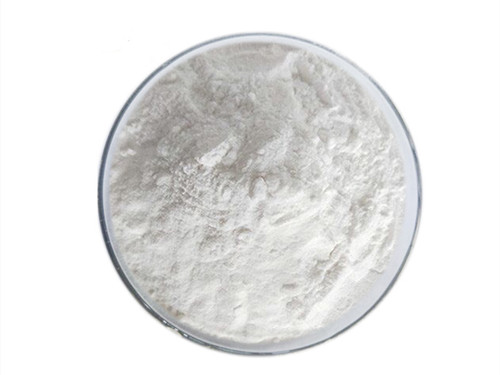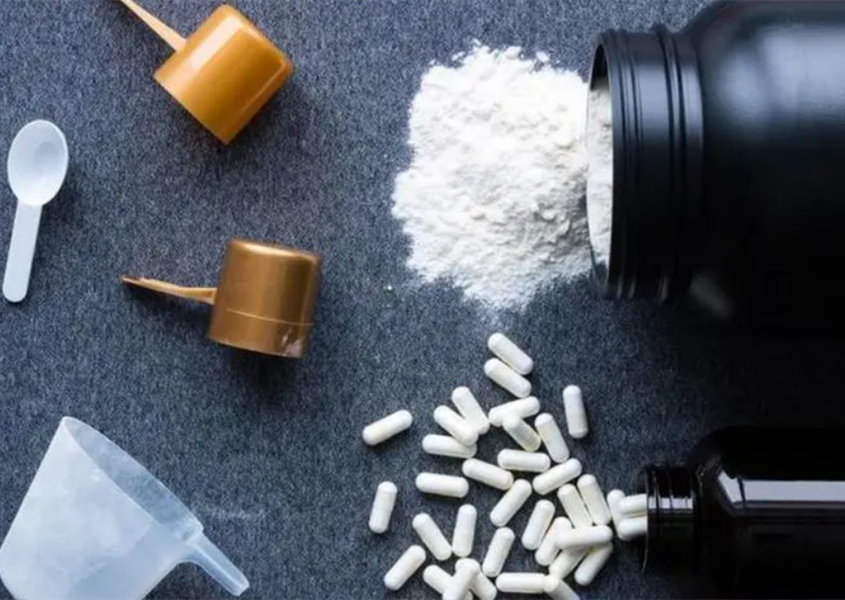There are many benefits to taking L-glutathione supplements, especially for those who are looking to improve their health and well-being. Glutathione reduced(GSH) is an important antioxidant that helps protect cells from damage, and can help prevent and treat a variety of health problems. Some of the most promising research on glutathione has shown that it can help improve heart health, cognitive function, a person’s immune system, liver function and even skin health. Some research has suggested that taking l-glutathione supplements may help slow the progression of certain diseases including cancer and Alzheimer’s disease. While more research is needed to determine if these claims are true, many people have found relief from taking glutathione supplements as part of their overall health regimen. Here’s what you need to know about L-glutathione and why it’s so important for your health.
L-glutathione is a powerful antioxidant
Liver is the most important detoxification organ in the human body, and its rich glutathione plays a protective role in liver synthesis, detoxification, estrogen inactivation and other functions. It is the primary antioxidant in human body to counteract free radical damage, which is a contributing factor to aging and disease. When the liver is damaged, the human body will consume a large amount of GSH to help the injured liver self-repair and detoxify, thus causing a significant reduction of glutathione in the body. At this time, we need to take some glutathione drugs. Glutathione drugs can be applied to viral hepatitis (such as hepatitis A, hepatitis B, etc.), alcoholic liver disease, drug liver disease, fatty liver disease and other liver diseases.
L-Glutathione is an important antioxidant in the human body. Reduced glutathione itself is susceptible to oxidation of certain substances, in the body can protect many proteins and enzymes and other molecules of sulfhydryl from being oxidized by harmful substances such as free radicals. A large amount of glutathione in human red blood cells can effectively protect the sulfhydryl group of proteins on the red blood cell membrane in a reduced state and prevent hemolysis, protecting hemoglobin from hydrogen peroxide, free radicals and other oxidation. Reduced glutathione can not only directly combine with oxidizing agents such as hydrogen peroxide to produce water and oxidized glutathione, but also reduce methemoglobin to hemoglobin. Glutathione is a powerful antioxidant that is naturally produced by the body to help remove toxins, neutralize free radicals and defend against oxidative stress. Without enough glutathione, your body will not be able to effectively fight off oxidative stress, which can cause diseases like diabetes, cancer, and rheumatoid arthritis.
Helps with weight loss
L-glutathione is also an integral part of detoxification, helping to remove toxins that enter the body and diminishing their harmful effects. As it circulates through the body, it binds to toxins in cells and carries them out to be removed from the body. By doing this, glutathione supports healthy immunity, improves energy levels and boosts metabolic processes like detoxification of the liver. It can even be used as protection against dangerous compounds such as mercury levels in seafood as well as contamination encountered in everyday life. As a key part of your body’s detoxification system, L-glutathione helps keepyou lose weight, removes toxins from the body, and burns fat cells for energy.
Helps with liver disease
L-Glutathione is an important antioxidant that helps the body rid itself of free radicals and toxins. It plays a key role in the liver’s detoxification process by helping protect it from damage caused by environmental toxins. It also helps the liver to produce new cells and to regenerate itself. Studies have shown that glutathione can help reduce instances of jaundice, fatty liver disease, and cirrhosis. Additionally, it increases the efficiency with which proteins and other vital molecules are broken down, allowing them to be more easily eliminated from the body. Glutathione is beneficial for liver health as it provides protection from damage and supports detoxification, cellular regeneration, and digestion.
Glutathione improved skin health
L-Glutathione has long been known for its ability to help improve the condition of skin. Just like our other tissues and organs, the skin is vulnerable to oxidative damage from pollutants and UV radiation. Glutathione functions as a powerful antioxidant, binding with free radicals and preventing them from damaging cells in the body. Supplementation of glutathione can help reverse oxidative stress on the skin and provide a more youthful glow. Studies have shown an enhancement of overall complexion in individuals who take glutathione, as well as a reduction in wrinkles, unevenness of skin tone, dryness and acne scarring.
Helps with Alzheimer’s disease
Increasing antioxidant levels in the brain has been shown to slow the progression of Alzheimer’s disease. Glutathione, the most abundant and versatile endogenous antioxidant in the brain, helps to combat oxidative stress. Studies show that depleted glutathione in the brain can contribute to neuronal dysfunction, cognitive impairment, and sensorimotor dysfunction. This deficiency can also lead to abnormalities in methylation metabolism and mitochondrial function. In a study, researchers found that dietary supplementation with the glutathione precursor g-glutymylcysteine (GC) improved oxidative stress, inflammation, and amyloid pathology in mice. This research suggests that GC may have potential as a neuroprotective drug for Alzheimer’s disease.
Reduces the risk of cancer
L-Glutathione is an important antioxidant that helps combat free radicals in the body. Having high levels of glutathione can help reduce your risk of cancer. This is because it helps prevent the development and spread of certain types of cancers, including leukemia and ovarian cancer. However, glutathione levels decline as we get older. This may be because our bodies can’t produce as much of it. Fortunately, you can increase glutathione levels through diet and supplementation.
Reference: https://www.verywellhealth.com/benefits-of-glutathione-89457
- Dandelion Extract: What It Is, Benefits, Uses and Side Effect - April 23, 2024
- Is Berberine Extract Help For Weight Loss? - April 11, 2024
- Why Is Pysllium Husk Powder A Popular Meal Replacement Ingredient? - April 3, 2024



